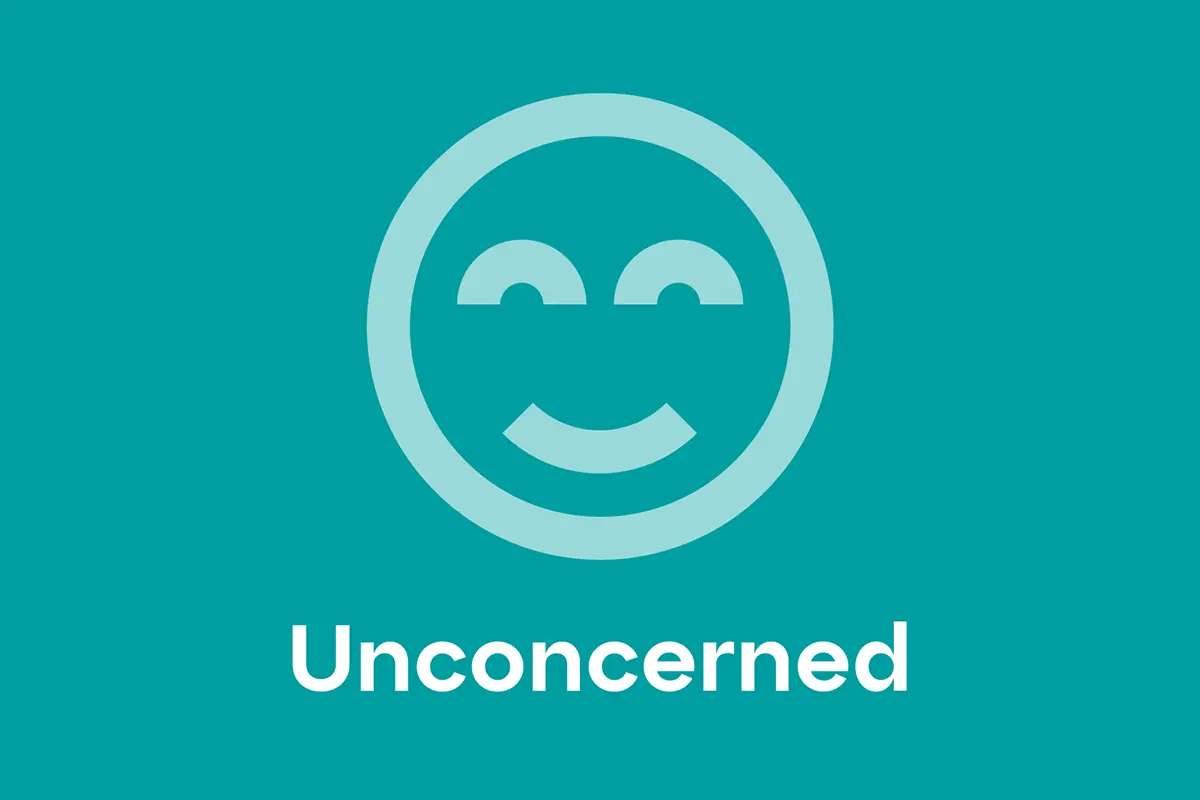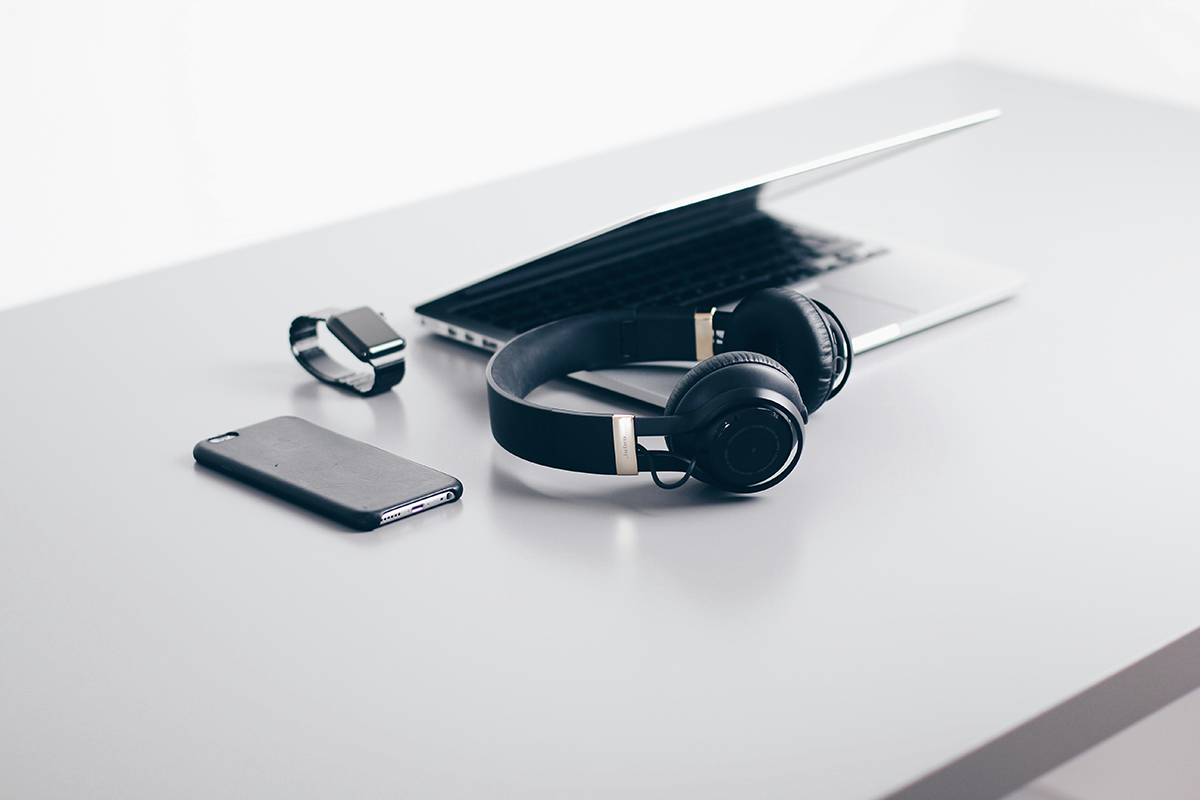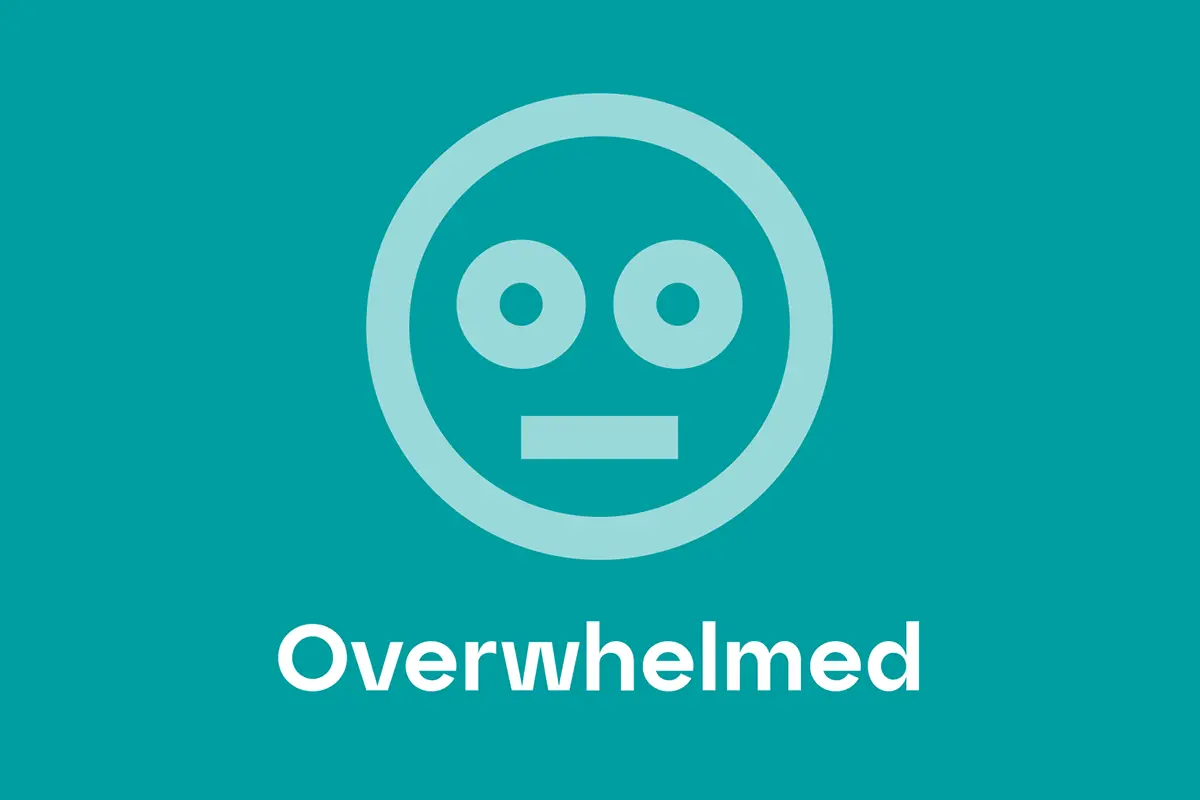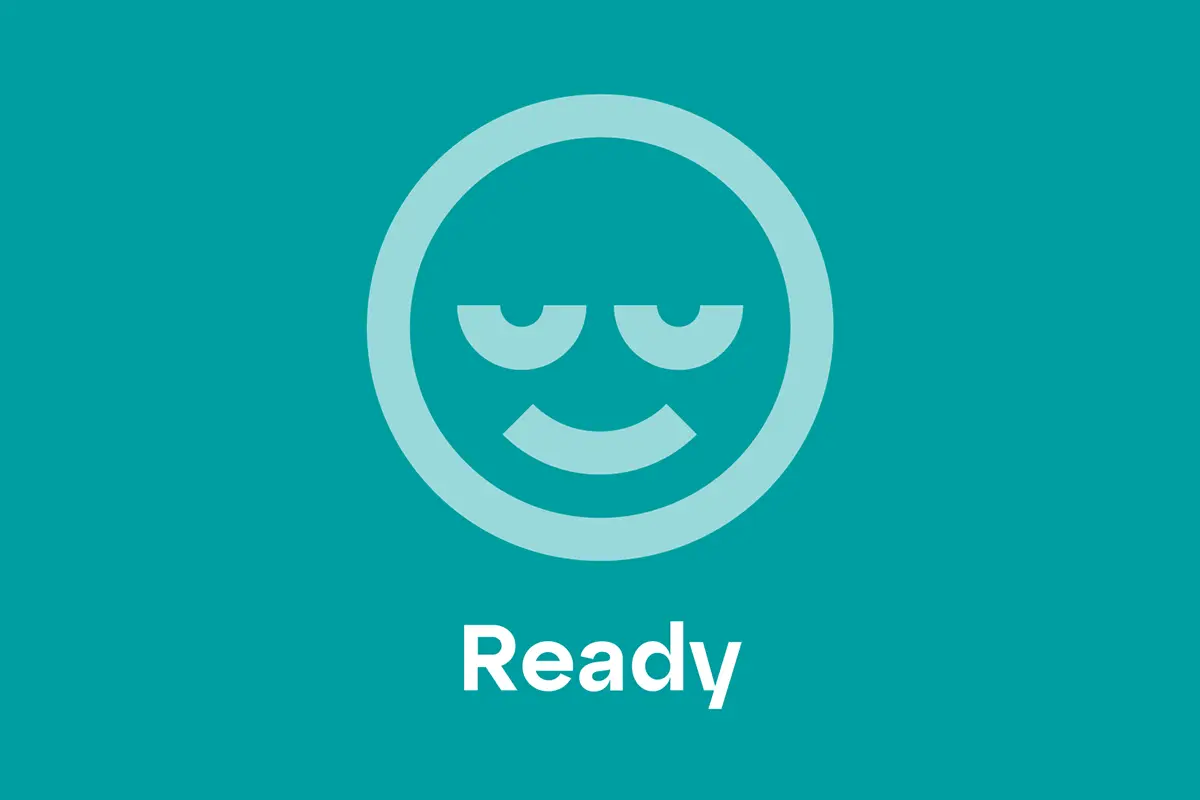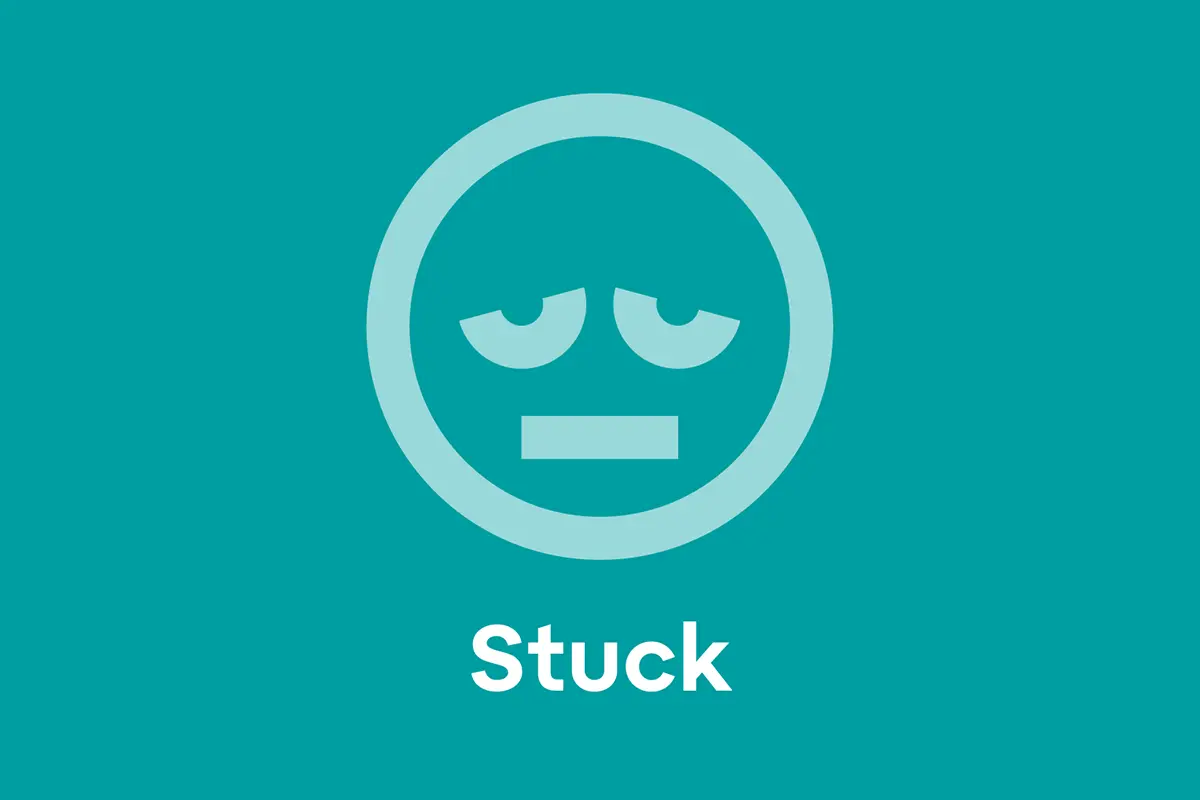Think You’re Fine? Meet the Unconcerned Quadrant
Where confidence is high, but digital habits might still need a check-in.
“I’m good, thanks.” That’s the usual mindset in the Unconcerned Quadrant. You’re not stressed. You don’t feel “addicted.” You’re not looking to overhaul your habits. And that’s… okay. In fact, if you’re here, you likely have high confidence in your ability to manage screens and low motivation to change anything. But even with balance on the surface, there might be hidden costs to the way your devices are showing up in your life. This post isn’t about convincing you to change. It’s about helping you notice what’s really happening and giving you a few low-effort tools to check in.
Signs You’re in the Unconcerned Quadrant
You might be here if…
- You don’t feel guilty about your screen use
- You use tech often, but don’t think it’s a problem
- You’ve never taken a screen break (and don’t feel like you need one)
- Friends or family have commented on your phone use but you brush it off
- You function well, but feel slightly more tired, distracted, or disconnected lately
This quadrant isn’t about emergencies. It’s about autopilot. And sometimes autopilot works fine… until it doesn’t.
Why Hidden Costs Sneak In
We adapt quickly. What once felt novel (notifications, multitasking, 24/7 info) becomes background noise. But in that noise, you may be losing more than you realize:
- Focus fragmentation: It’s harder to stay present in conversations
- Emotional numbing: You scroll past what you’d normally feel
- Energy leaks: Small interruptions add up to big fatigue
These changes happen slowly. That’s why the Unconcerned Quadrant isn’t about fear—it’s about curiosity.
Three Low-Friction Tests to Try This Week
If you’re open to experimenting, here are three zero-stress ways to check in with your digital habits.
Name Your Notification Mood
- Each time you get a ping, notice how it makes you feel. Annoyed? Excited? Empty?
- Why it works: You’ll start to see which alerts help—and which hijack your attention.
The Dinner Table Test
- Pick one shared meal this week and put your phone out of reach. Then notice the difference.
- Why it works: Simple swaps in social time can surface what you’ve been missing.
Log Your Last 3 Scrolls
- Open your phone’s screen log and look at your three most recent apps. Ask: Did that time give me energy or take it?
- Why it works: Tiny reflection often reveals big patterns.
You don’t need to change anything after trying these. Just see what comes up.
When Curiosity Turns to Change
If these experiments sparked something, that’s your signal to explore more.
- Take the Quiz and confirm your quadrant
- Learn the Offline.now Matrix in full
- Check out the Overwhelmed Quadrant › if you start feeling more urgency
Remember: being unconcerned isn’t a flaw. It’s just a phase. And even in this quadrant, small tweaks can unlock deeper balance.
References
- Baumeister, R. & Tierney, J. (2011). Willpower: Rediscovering the Greatest Human Strength.
- Kahneman, D. (2011). Thinking, Fast and Slow.
*Disclaimer: Offline Now offers educational coaching tips, not medical or therapeutic advice; please consult a qualified health professional for personal or clinical concerns.*
